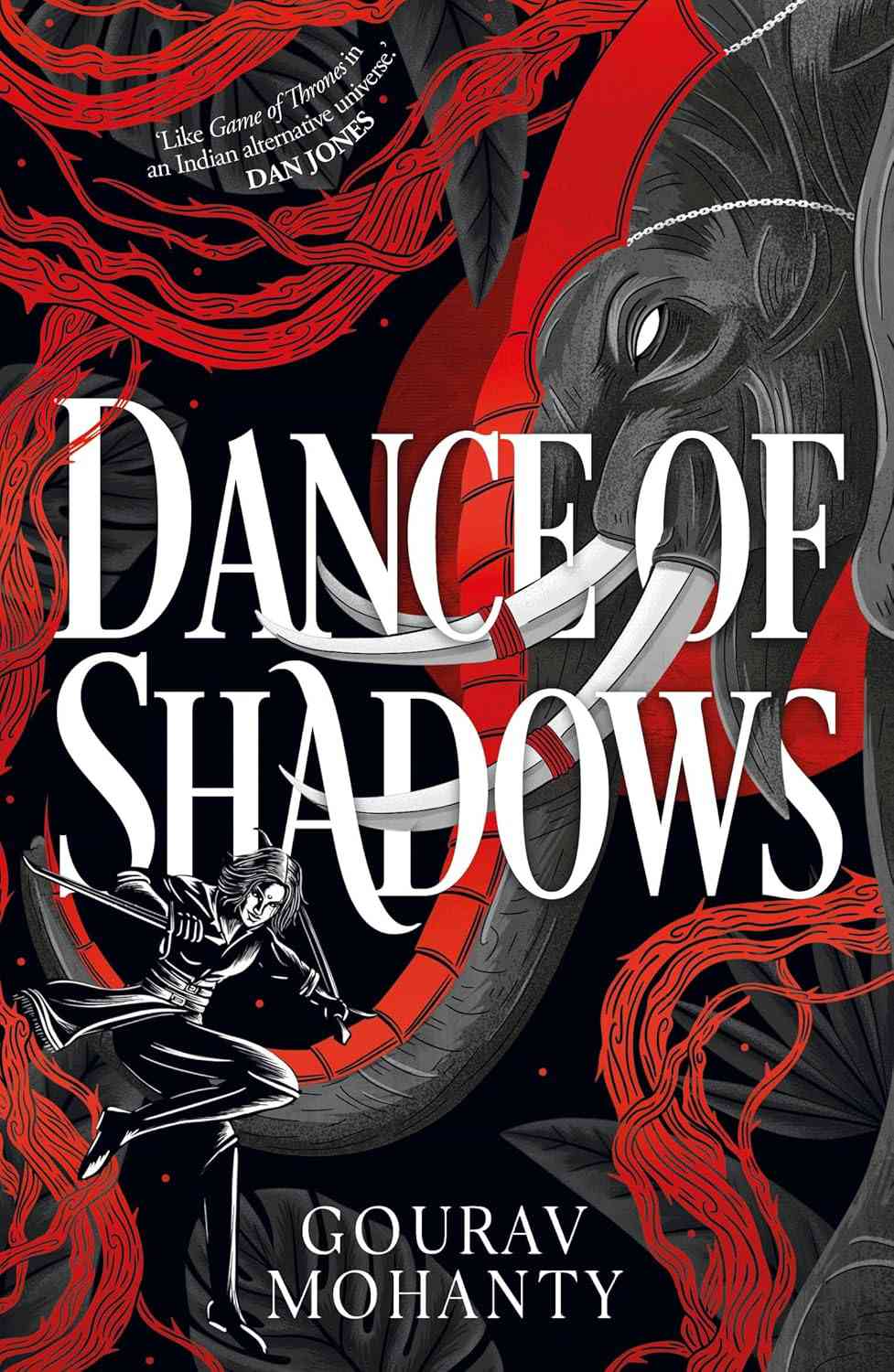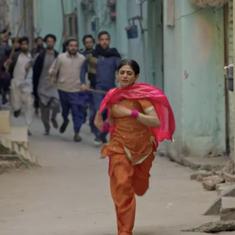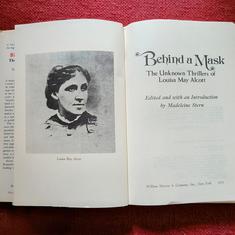The Mahabharata, a sprawling epic written in more than two million words, has seen several reimaginings in fiction, especially in the last decade. Reimagining the war and its consequences through the eyes of its male and female characters is all the rage. In his latest novel, Dance of Shadows, Gourav Mohanty expands his grimdark universe that began with Sons of Darkness.
A different Mahabharata
In the content warning for The Goddess of the River, Vaishnavi Patel writes that the Mahabharata has every horrifying act one can imagine. In Dance of Shadows, the second novel in The Raag of RTA series, Mohanty expounds this argument. This, of course, is not a faithful rendition of the events that happened in the epic. Mohanty has taken familiar characters from the epic and dunked them into a cauldron boiling with blood, war, revenge, plotting, murders, coercion, and everything else. He adds a disclaimer at the beginning: This is not the Mahabharata. It indeed is not and how fun is that!
Divided into 18 books, the Mahabharata has more than 75,000 verses. The first 11 of these books are about the royal clan of Kuru. The 12th and 13th books elaborate views on religion, morality, duty and so on. This is the part where Bhishma, on his deathbed, shares stories with Yudhishthira. It also serves as a handbook for kings that offers advice on how to be a successful ruler. When Yudhishthira asks Bhishma a particularly tricky question, he often replies in this vein: “There is an old tale about this very issue…” and goes on to narrate it. Mohanty seems to have taken inspiration from Bhishma as he sets about to tell his own story.
Dance of Shadows abounds in a darkness that subsumes all: deity and demon. An extensive retelling of the Mahabharata, here, every character is baying for blood. The reason for it can be either ambition or revenge. No act is too grotesque to win what one wants.
In Dance of Shadows, the story doesn’t move forward as much as it moves parallel to the events that happened in Sons of Darkness. Each character is fleshed out and given their own arc. The prologue featuring Manu had me at the edge of my seat – I knew I was in for a wild ride. To add to the madness, we have a deadly pandemic here too. Guess its name? Marigold!
The novel is not at all apologetic about the violence it portrays. Mohanty writes it with glee and confidence, and while some scenes seemed to have been purely added for drama, one cannot complain that they are boring or repetitive in any way.
Rebellious women
In her Mahabharata-based short story collection, The Dharma of Unfaithful Wives and Faithful Jackals, Wendy Doniger writes: “A strange portion in Mahabharata suggests violent punishments for both men and women who have been promiscuous. Among these are the young student who sleeps with his old guru’s young wife and this has been taken very seriously in the stories. He should be killed by having him embrace a red-hot hollow metal column. Or he may cut off his own penis and his testicles and holding them in his hand, walk southwest until he drops dead. When a woman does this, she must suffer from similar punishments. Many of these ideas are carried verbatim into the Manusmriti.”
In these stories, it is the woman who is primarily blamed for the sexual transgressions of both involved. Women are to be revered only when they perform their socially accepted duties. In fact, Bhishma says: “All women, always, are of two sorts, good and evil. The good women are fortunate, honoured, the mothers of the world, and they uphold this earth, with its forests and groves. The ones who are not good have evil intentions; they behave badly and destroy their families. They can be recognised by the evil marks that arise spontaneously on their limbs.”
As if to challenge Bhishma’s preachings, Mohanty makes the women in his novel do all kinds of heavy lifting, from poisoning their princes to crossing continents. They are warriors, librarians, scribes, adventurers, killers, and revenge-seekers. He gives them the freedom that the epic had forbidden. I have turned into a fan of Mati (Bhanumati), the pirate princess of Kalinga (Mohanty is her compatriot, not in time but in location), who is hell-bent on dropping her husband right into the lap of heavenly baikunth. Then there is Vahura, a bookdragon-ish princess ready to go to any length to save her sister.
“Inevitability is often the mother of surrender but with the right dosage of circumstances and will, can be the step-mother of defiance,” writes Mohanty. Fate is inevitable in his universe, and so is defiance.

Dance of Shadows, Gourav Mohanty, Head of Zeus/Bloomsbury.










